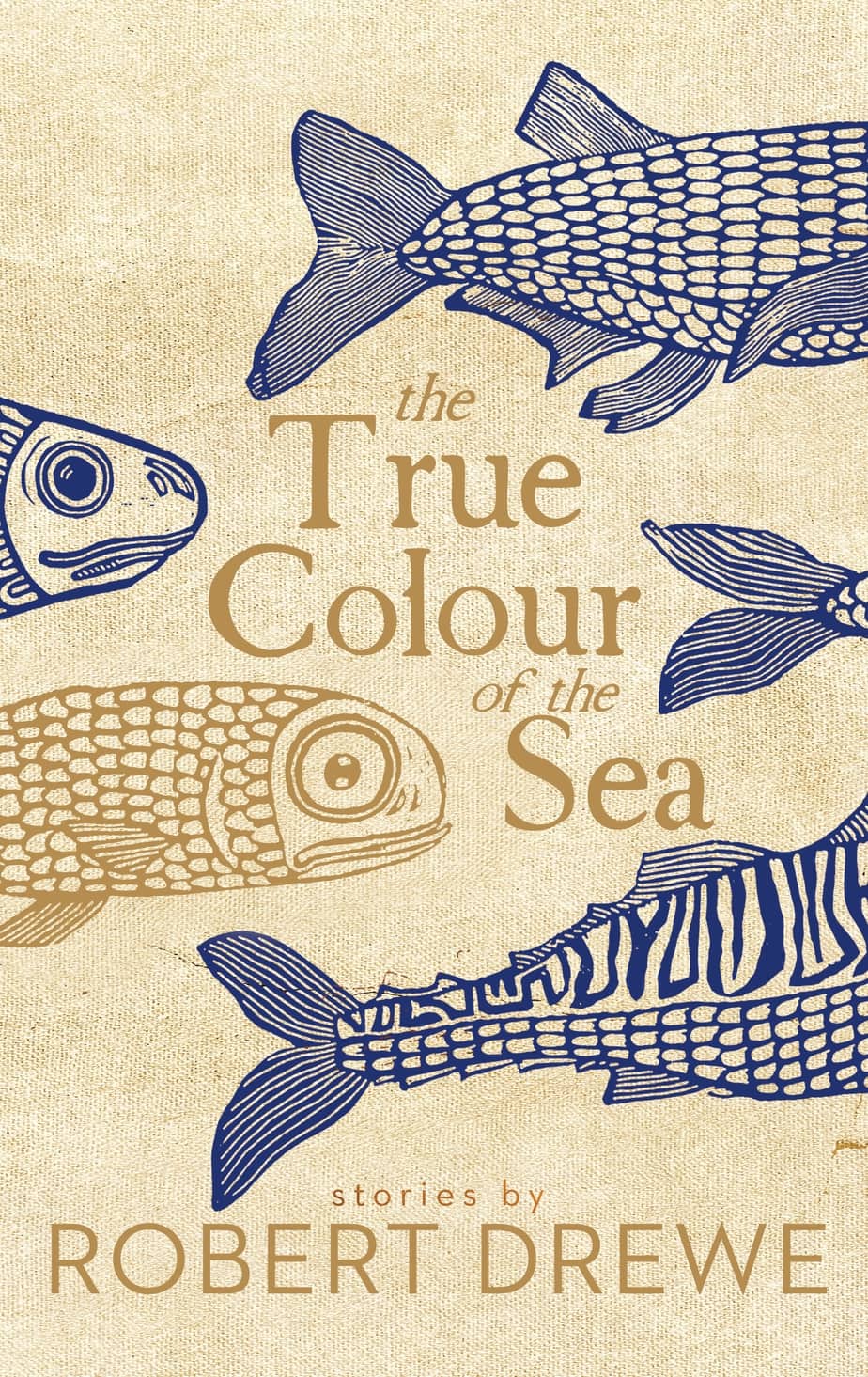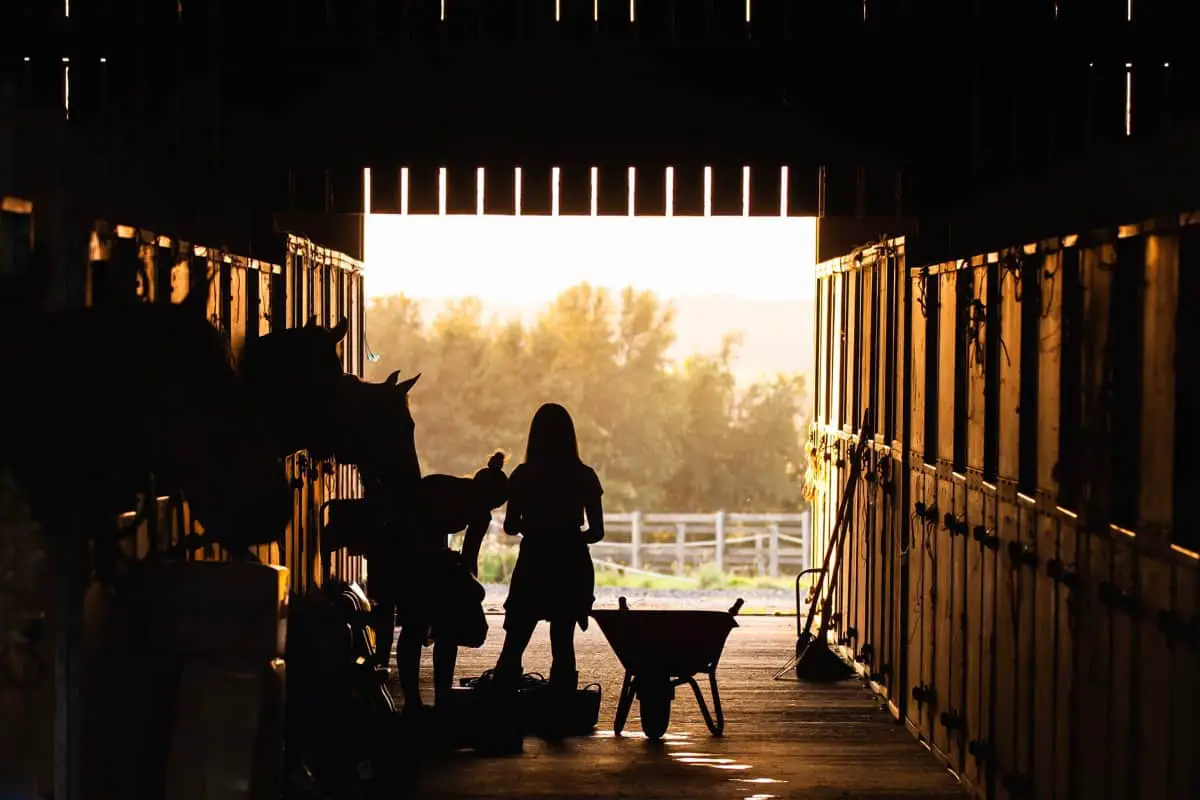“A View Of Mount Warning” is an Australian short story by Robert Drewe, and can be found in his collection The True Colour Of The Sea (2018).
Honestly, I’m pretty much done with reading about middle-aged men who develop crushes on younger women, especially when the point of view centers so firmly on the man, inevitably objectifying the woman and underscoring the idea that men’s sexual desire is paramount.
This is exactly that kind of narrative, so if I’m writing about it here, you can bet it’s well done, at least.
CAST OF CHARACTERS
Russell Garrett — about to turn fifty. A horse vet in Rock Forest near Bathurst. His marriage to Estelle has recently ended. They have two grown children together, Daniel and Lily.
Max Hodder — Russell’s longtime friend since childhood. Dropped out of engineering at the University of New South Wales, entered real estate, made a lot of money during the housing boom. Married twice. Has been married for ten years to Sophie.
Sophie Howson — Max’s second wife, described as ‘striking’ via Russell’s lens. Russell has been in love with Sophie since Max married her. She is significantly younger than them both.

STORY WORLD OF “A VIEW OF MOUNT WARNING”
The two friends live 900km apart but meet every New Year at Max’s house at Wategos Beach in Byron Bay.
Robert Drewe is a famously ‘littoral’ writer — meaning his stories take place along the sea shore, in that ‘liminal’ space where land meets sea. (There’s another ten dollar ‘L’ word for you.)
Time wise, this story takes place in the wake of the 2007 Australian equine influenza outbreak. The ‘themes’ of this news story overlap with the themes of this fictional short story: both involve quarantines and breaches. In Drewe’s story there’s the unspoken quarantine around a good friend’s marriage.
STORY STRUCTURE OF “A VIEW OF MOUNT WARNING”
SHORTCOMING
The main character here, for my purposes, is Russell.
His was a melancholy and insurmountable jealousy, compounded by guilt. Of course his feelings for Sophie were unrequited, but even if she’d been aware of them and magically, enthusiastically, reciprocated, she was the wife of his boyhood friend — Max’s second and twelve-years-younger wife — and therefore out of bounds, now and forever.
DESIRE
Whenever [Russell] saw [Sophie] she had him in a flurry of confusion. In her presence, aching for her trailing hostessy fingers, the accidentally brushed knees, the casual touch, he always felt like a teenager. As she passed by his chair he’d clench his stomach muscles and surreptitiously flex his biceps. Willing her, touch me. Then he felt like a fool.
Psychologists call this intense desire for human touch ‘skin hunger‘. It’s a powerful force and it’s driving Russell’s life at the moment.
OPPONENT
Sophie is Russell’s romantic opponent. Max is Russell’s best friend, but an opponent in that he stands in the way (as Russell perceives it) of Russell giving things a go with the object of his affection.
At first the love appears unrequited. Soon it is revealed that Sophie feels similarly. This is in fact more difficult for Russell to bear.
What’s the significance of the mountains in this story? To me they symbolise the enduring nature of the men’s friendship — it would appear, now that the men are both nearing fifty, that nothing can shake their ‘rock solid’ friendship.
PLAN
At first Russell’s Plan of action is Nothing. This is often a character’s first ‘plan’ — rather, the author shows the reader that the character has a pattern of doing nothing, but in this story, of course, that is about to change. First, a paragraph about the pattern of doing nothing:
Such was the nature of his infatuation, however, that even as he tussled with guilt one moment, deliberately avoiding her presence, the next minute he’d be torturing himself with the smallest hints and snatched glances. She’d bustle and bend and flip her hair from her forehead and he’d have to tear his eyes from the thrilling sight of her rinsing dishes at the kitchen sink, arranging flowers, making coffee.
This isn’t limited to short stories, by the way. In Dan Santat’s award winning children’s picture book The Adventures of Beekle: The unimaginary friend, Beekle desperately wants a human friend but first Santat writes of his pattern of waiting around passively.
Then the story switches from the iterative (constant pining for what he can’t have) to the singulative:
Then, quite abruptly, these overlapping quandaries produced some new dilemmas to both confuse him and rekindle his hopes.
Because this is a story told via the lens of a middle-aged man fresh out of divorce, I don’t entirely trust his narration as reliable.
BIG STRUGGLE
For the purposes of the story, the Battle scene occurs the morning after, with Russell witnessing Max and his red eyes — possibly from crying — wondering if his best friend is about to confront him about the previous evening with his wife.
ANAGNORISIS
This short story exemplifies a classic plot closure without the psychological closure — the reader, like Russell, never finds out if Max saw he and his wife kiss.
The Anagnorisis is that he crossed a boundary — penetrated an invisibly quarantined arena. This is how the setting (and political news) of this story interconnects with the character arc.
When Drewe uses the metaphor of the avalanche to describe the way ice tumbles into Max’s drink as he maybe, maybe did not see Russell betray his trust, Max is compared to the mountain. An avalanche is about the only thing that damages a mountain.
Then there’s the colour symbolism of the purple. A purple haze covers the mountains. When Max gets that ice he happens to be wearing purple boxers. Yep, there is a reason for that. The purple connects Max to those mountains. The ice he pours into his glass connects Max to the avalanche. Symbolically, the reader has our psychological closure, though we may not realise it without reflection — the symbolism tells us that Max did indeed witness the intimacy, if not the kiss itself.
NEW SITUATION
But it doesn’t really matter whether Max saw any of that intimacy or not — the result either way is a friendship permanently changed for the worse.

